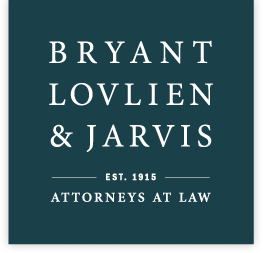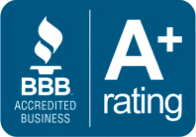Transactions Involving Residential Mortgages
Loans secured against residential property are a common practice for securing financing. Businesses, developers, and contractors regularly take out mortgages in residential land in order to close a deal or pursue construction. Sellers of residential property also frequently offer to finance the buyer’s purchase. While many think these examples are routine deals, these are actually highly regulated transactions that generally necessitate the involvement of licensed mortgage professionals.
Residential mortgages are subject to both federal and state law. At the federal level, the Truth in Lending Act governs most residential mortgages. Under its implementing regulations, “residential mortgage loan” is defined as “any loan primarily for personal, family, or household use that is secured by a mortgage, deed of trust, or other equivalent consensual security interest on a dwelling…or residential real estate upon which is constructed or intended to be constructed a dwelling[.]” 12 C.F.R. 1007.102. Furthermore, the Truth in Lending Act is expressly not applicable to credit extended for commercial and business purposes. 12 C.F.R. 1026.3(a)(2). Thus, business loans and any loans to non-natural persons (Corporations, LLCs, etc.) that are secured against residential property are exempt from most federal regulations, but non-commercial residential are subject to a host of disclosure and processing requirements.
However, the Oregon definition of “residential loan transaction” in ORS 86A.100(8) and “residential mortgage loan” in ORS 86A.200(8) are more restrictive. While these definitions also include both property that is the site of a dwelling and property intended to be the site of a dwelling, these definitions make no distinction between consumer and commercial loans. Thus, as long as loans are secured to residentially related property, regardless of the purpose of the loan, Oregon law generally requires the involvement of a licensed Mortgage Broker (a person or entity that extends loans) and/or a licensed Mortgage Loan Originator (a person that negotiates the terms of loans).
There are several exceptions to these licensing requirements including non-profit organizations and employees, a person selling their own or a family member’s house (although the involvement of a realtor or other agent in a seller-financed transaction can be problematic), and a person who makes a limited number of loans from personal funds.
If you are considering loaning money secured against residential property or if you routinely extend or negotiate residential mortgages, you should contact our firm to determine whether a licensed mortgage professional is required to complete your transaction or whether you should obtain such licensing for you or your business.

Garrett Chrostek is an associate attorney at Bryant, Lovlien & Jarvis in Bend. He focuses his practice on land use, real estate and business transactions. Garrett is a graduate of Linfield College, Oregon State University, and Vermont Law School.

